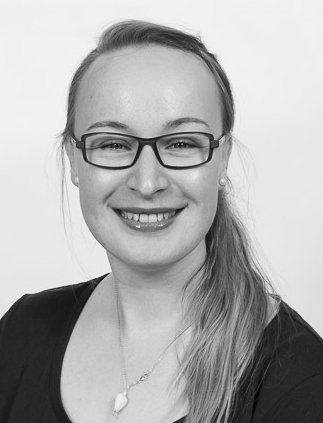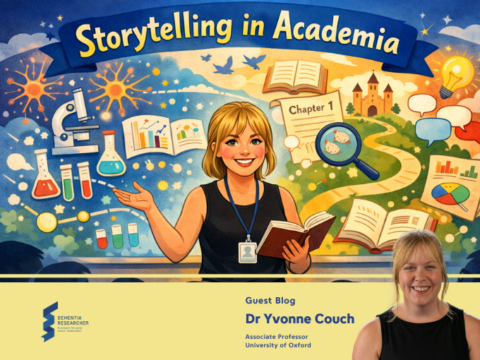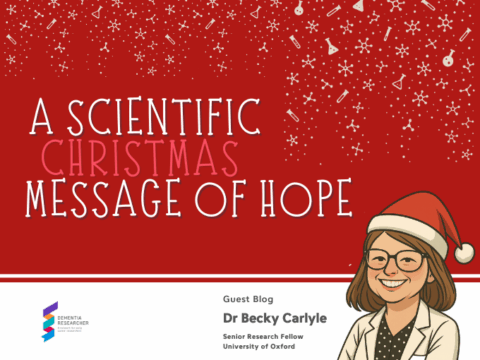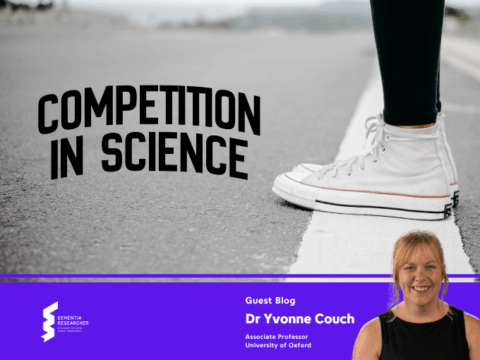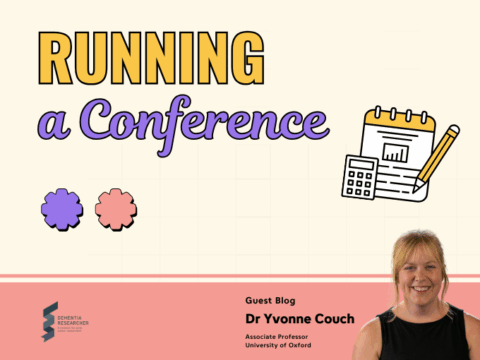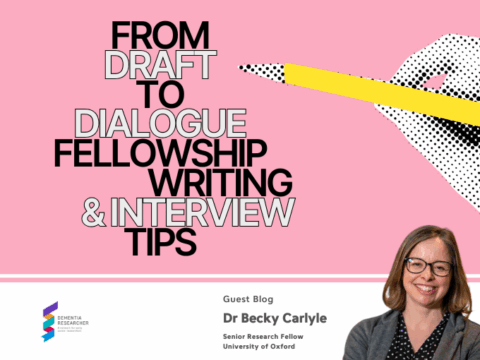Name:
Maria Kreger Karabova
Job title:
DPhil student (Molecular Cell Biology in Health and Disease)
Place of work / study:
Sir William Dunn School of Pathology, University of Oxford
Area of Research:
Neuroinflammation in neurodegeneration
How is your work funded:
Oxford – Edward Penley Abraham Research Fund
Tell us a little about yourself:
I grew up in a small Slovak town in the immediate post-communist era. My natural curiosity and love for biology and chemistry made studying medicine an obvious choice. During the studies, however, I quickly realised that the methods and medication available, particularly with regards to the diseases of the brain, can often leave doctors applying plasters to gunshot wounds. My search for deep understanding of the brain and for real advancement in the way we treat brain disorders led me to academia. I completed my neuroscience training at the King’s College London in 2018 and was then accepted into a DPhil programme at the University of Oxford where I am currently studying the role of human microglia in processing of tau-protein aggregates in Alzheimer’s disease.
Tell us a fun fact about yourself:
I love all the activities that make me lose track of time, including long-distance hiking, baking, devouring books, and weightlifting. I once overhead-squatted my postdoc supervisor.
Why did you choose to work in dementia?
I was fortunate to spend two years at a study-abroad programme at the UCI MIND Institute in California. There, I received teaching from Professors James McGaugh, Larry Cahill and Carl Cotman, amazing scientists and pioneers in the field of synaptic plasticity and memory consolidation. Professor Carl Cotman, with whom I shared a deep interest in the effect of exercise on brain ageing and neurodegeneration, generously took me on, mentored me, and let me ‘’play’’ in his lab for a year. These experiences, together with having witnessed first-hand the effects of Alzheimer’s disease on loved ones, cemented my interest and commitment to the field.

 Print This Post
Print This Post